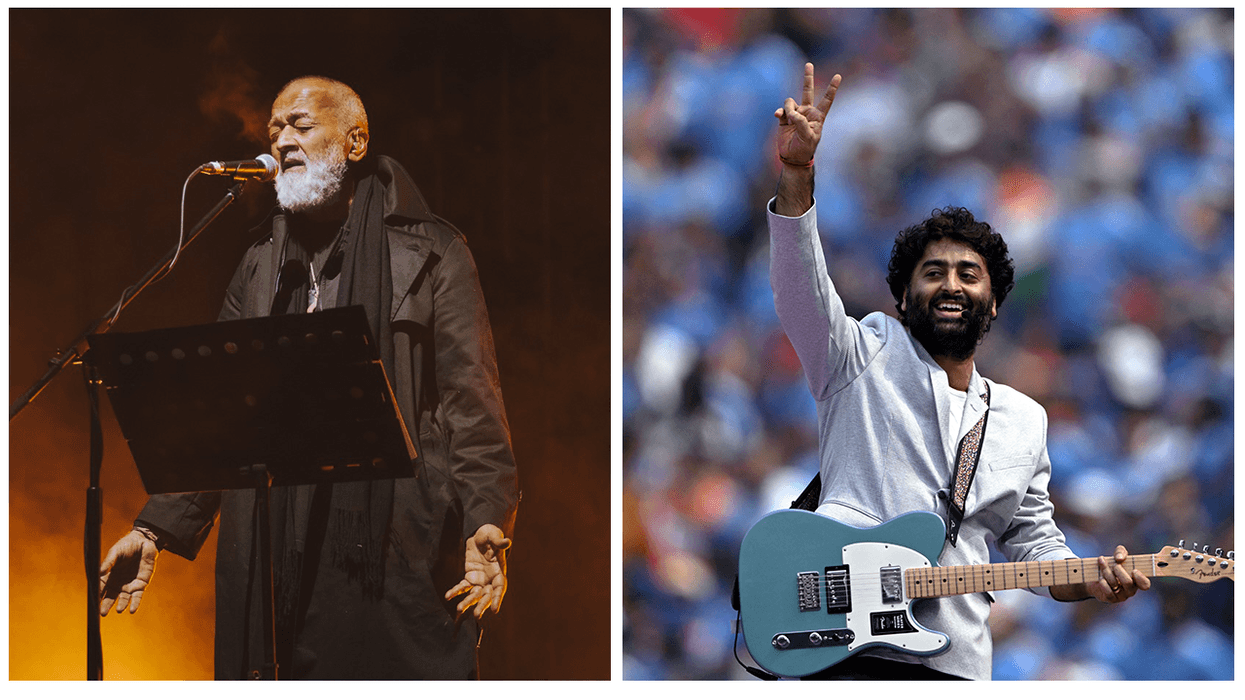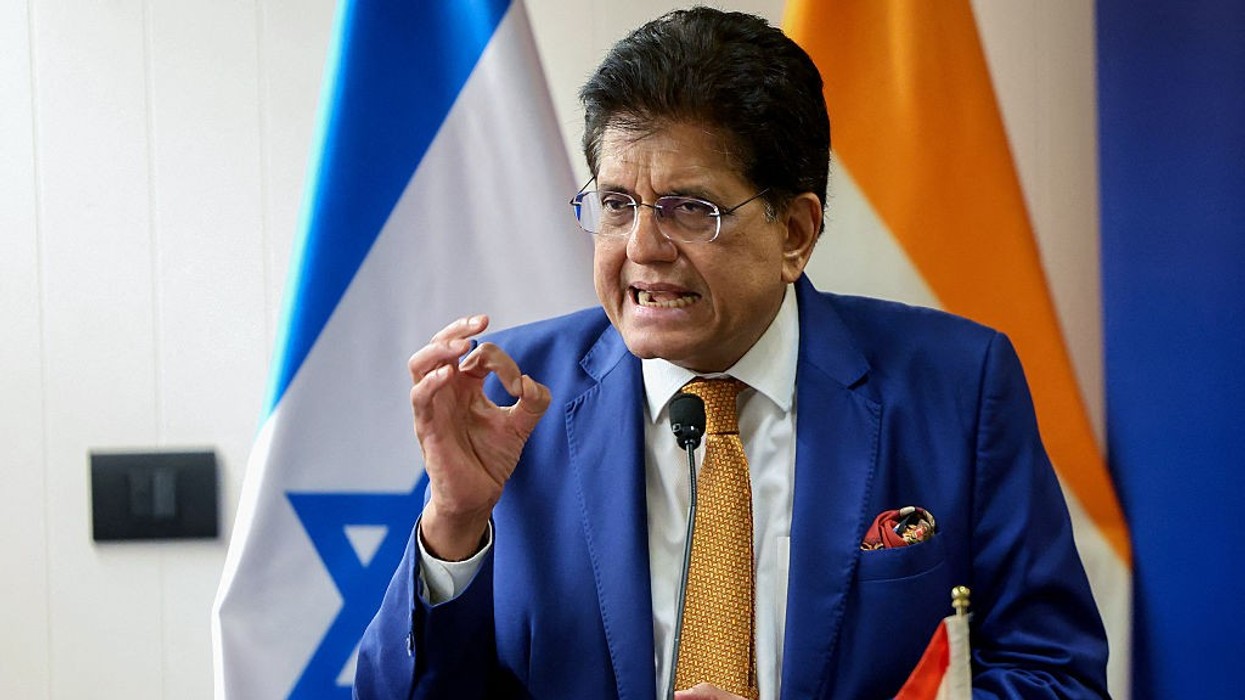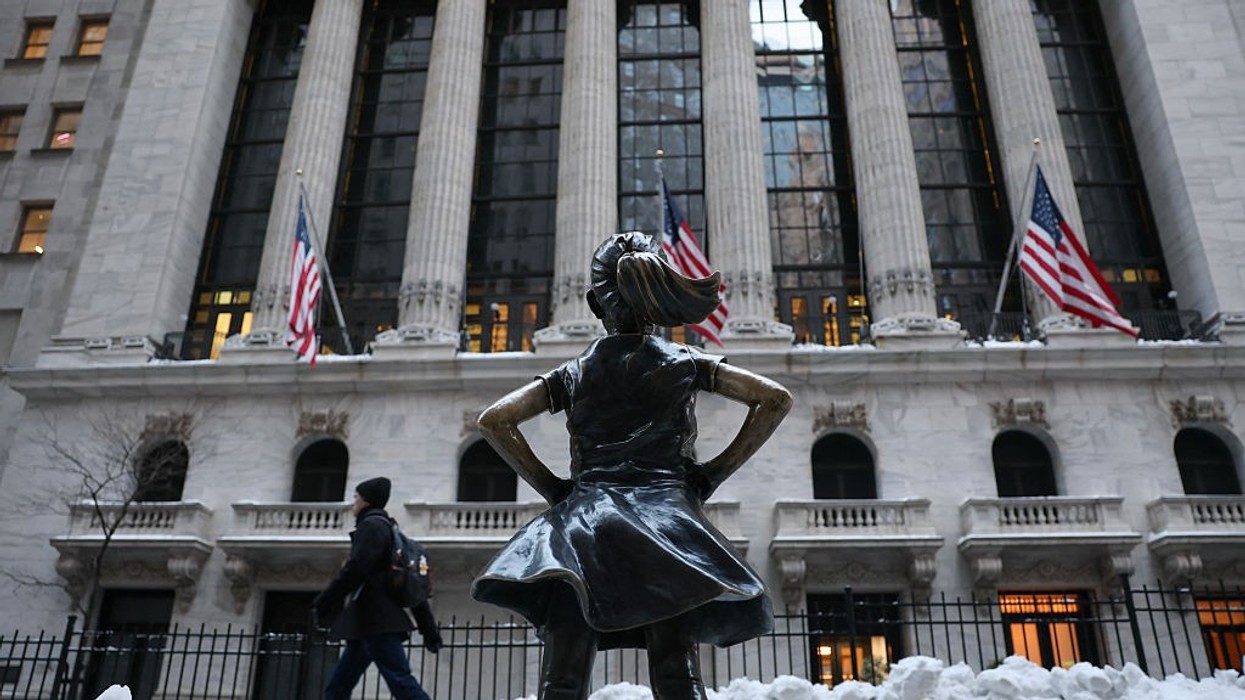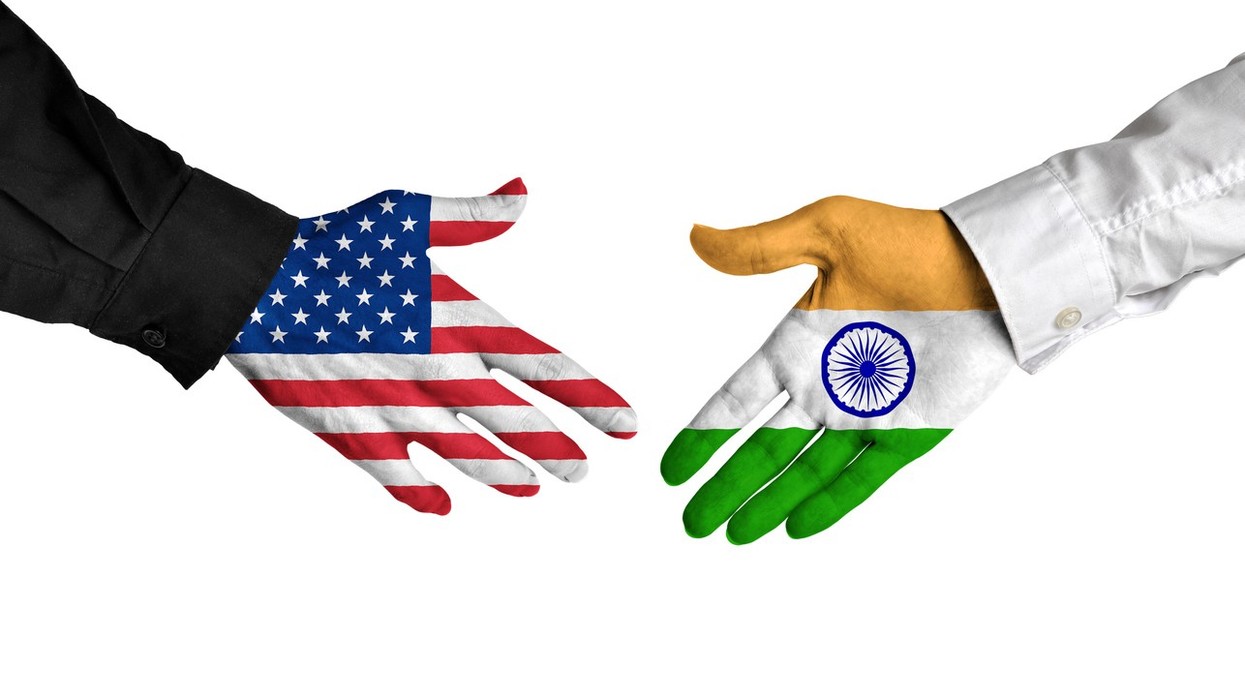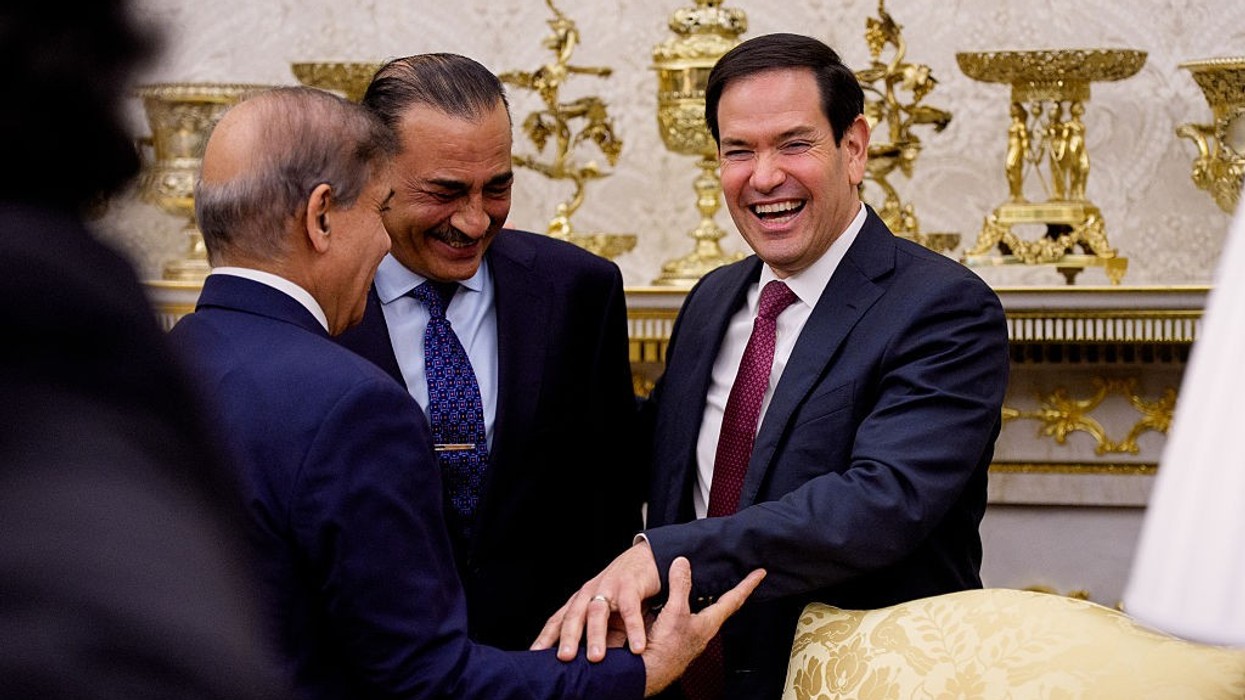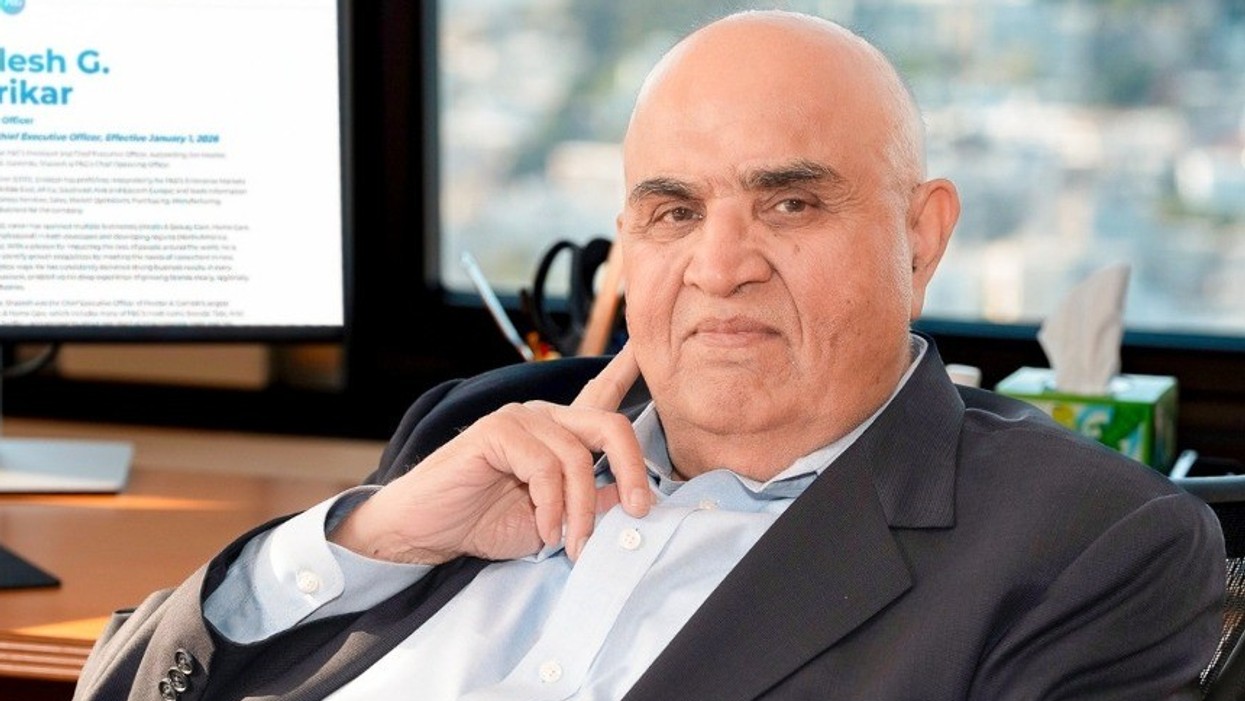As preparations for the United Nations General Assembly’s 80th session gain pace, uncertainty surrounds a possible meeting between India’s Prime Minister Narendra Modi and US President Donald Trump. This comes in the wake of the US openly praising Pakistan for its “continued success in containing terrorist entities” and reiterating its claimed role in brokering the May 10 ceasefire between India and Pakistan. Washington’s overtures towards Islamabad have caused unease in New Delhi, already wary after Trump imposed a 50 per cent tariff on all Indian imports to the US—further straining the bilateral relationship.
The contentious May 2025 conflict
The backdrop for this tension is the brief but intense conflict between India and Pakistan which erupted in May 2025. India launched missile and drone strikes on Pakistan in retaliation for terrorist attacks in Jammu and Kashmir, alleging Pakistani support for cross-border terrorism—allegations Islamabad denies. The four-day confrontation saw both sides engage in military offensives, ultimately ending in a ceasefire on May 10 after hotline communications between their military leadership.
The Trump administration was quick to claim credit for brokering the peace, with US officials, including State Department spokesperson Tammy Bruce, highlighting “a very proud moment” for the US in averting a potential catastrophe. However, New Delhi firmly refuted these claims, with Modi publicly dismissing the notion in calls with Trump and debates in Parliament, insisting the ceasefire was a direct result of Indian and Pakistani negotiations and not US intervention.
Shifting US-Pakistan relationship
Further complicating matters, the US applauded Pakistan’s efforts in combating terrorism following high-level counterterrorism dialogues and reaffirmed its “shared commitment” to tackle extremist threats. These developments occurred as Pakistan’s Army Chief Asim Munir made multiple visits to the US, meeting senior American leaders including Trump. Munir’s incendiary public remarks about India and threats regarding water security and nuclear capabilities have further fueled anxieties in New Delhi.
A recent statement by the US Joint Chiefs of Staff underscored the necessity of strong military ties with Pakistan to “ensure nuclear security in South Asia.” This stance reinforced Indian concerns about the American tilt towards Islamabad at a precarious time for regional stability.
Trade frictions and strategic calculations
Parallel to these security and diplomatic challenges, Washington’s imposition of steep tariffs on Indian goods has added economic stress to the relationship. The prospects of a Modi-Trump summit hinge on resolving the impasse over a proposed trade deal, with Indian sources indicating that progress in negotiations is a prerequisite for any face-to-face meeting.
Indian officials view the US approach with increasing frustration, perceiving Trump’s public diplomacy—especially equating India and Pakistan in international fora—as politically damaging and discouraging for India’s global stature. The sense in New Delhi is that while the US seeks stable ties with both South Asian nuclear powers, its recent moves have left India feeling sidelined and underappreciated.
Looking Ahead: Can relations be mended?
The current moment marks one of the most challenging phases in US-India ties in recent years. While American officials maintain that their relationships with both India and Pakistan remain “unchanged” and “good,” India is now reassessing its strategic priorities, wary of the US’s deepening engagement with Pakistan. As New Delhi weighs its options ahead of the UNGA and future diplomatic summits, the question is whether mutual interests and shared democratic values can overcome the new strains and reset the relationship on firmer footing.



